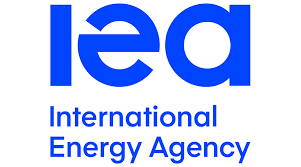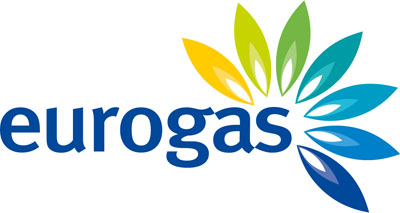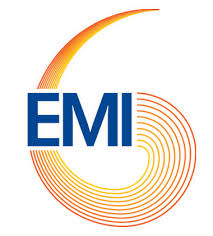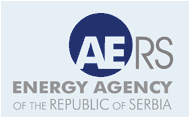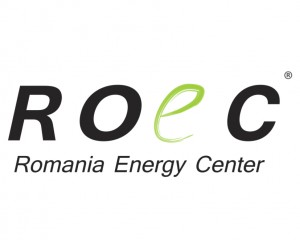Speaking in Abu Dhabi today, shortly after being confirmed as the IMF chief for a second term, Lagarde said the OECD’s BEPS project, an effort to overhaul the global tax architecture and close loopholes used by multinational companies to shirk their tax dues, does not go far enough in creating an effective international tax system – a "key ingredient” of a successful 21st century economy.
While she said the BEPS project had made "significant progress”, she added that "much more work needs to be done both in terms of substance and scope”.
Lagarde said the BEPS rules were designed to work within the traditional architecture for international taxation, which was developed nearly a century ago in a world when cross-border trade was far less important and took place almost entirely in physical goods.
On the contrary, today’s big challenges include the taxation of traded services and the shifting of intellectual property across borders – a shift she said is set to continue.
"This is why we need an international tax system truly fit for the 21st century,” she stated, adding that it should also work for all economies.
While a major effort had been made to include developing economies in the project, some of their specific needs went unaddressed, she said – a criticism voiced by NGO group Eurodad and many others when the BEPS project was finalised.
Along with effective international taxation, Lagarde highlighted revenue mobilisation as a "key ingredient” of all successful 21st century economies.
Higher and more reliable government revenue would allow more spending on things that drive potential growth, such as infrastructure, and help to avoid volatility in public expenditure and pro-cyclical fiscal policy.
"This is particularly important for oil-exporting countries that have been heavily affected by the recent plunge in oil prices,” she said.
These countries need to strengthen their fiscal frameworks and re-engineer their tax systems to reduce their reliance on oil revenues and diversify their economies.
They could do this through a simple system that initially focuses on VAT and later adds a greater emphasis on corporate income, property and excise taxes and by continuing to invest in building tax administration capacity to allow for the eventual introduction of personal income taxes, she added.
Middle-income oil importers and low-income countries should also take note, she continued, and make use of the scope to broaden the tax base, make personal income tax more progressive and eliminate privileged corporate tax regimes.
Low-income countries should also ensure their fiscal institutions and public financial management enables efficient and effective spending in support of inclusive growth, the IMF managing director urged.
"My main message today is this: creating successful 21st century economies requires robust government revenues and an international tax system that works for everybody, she said.
"These ingredients are essential for growth, fairness and development. They provide the fertile ground for the prosperity of nations.”
On Friday, the IMF executive board was confirmed that Lagarde will continue for a second term as managing director of.
The board praised her "strong and wise” leadership and said she had strengthened the fund’s ability to support its members with policy advice, capacity building and financing.
Looking ahead, the board
said it welcomed Lagarde’s emphasis on ensuring the IMF remains agile in
all its operations, well positioned to provide advice across the
full-spectrum of macroeconomic issues, and focused on meeting the needs
of its entire membership.
(www.publicfinanceinternational.org)






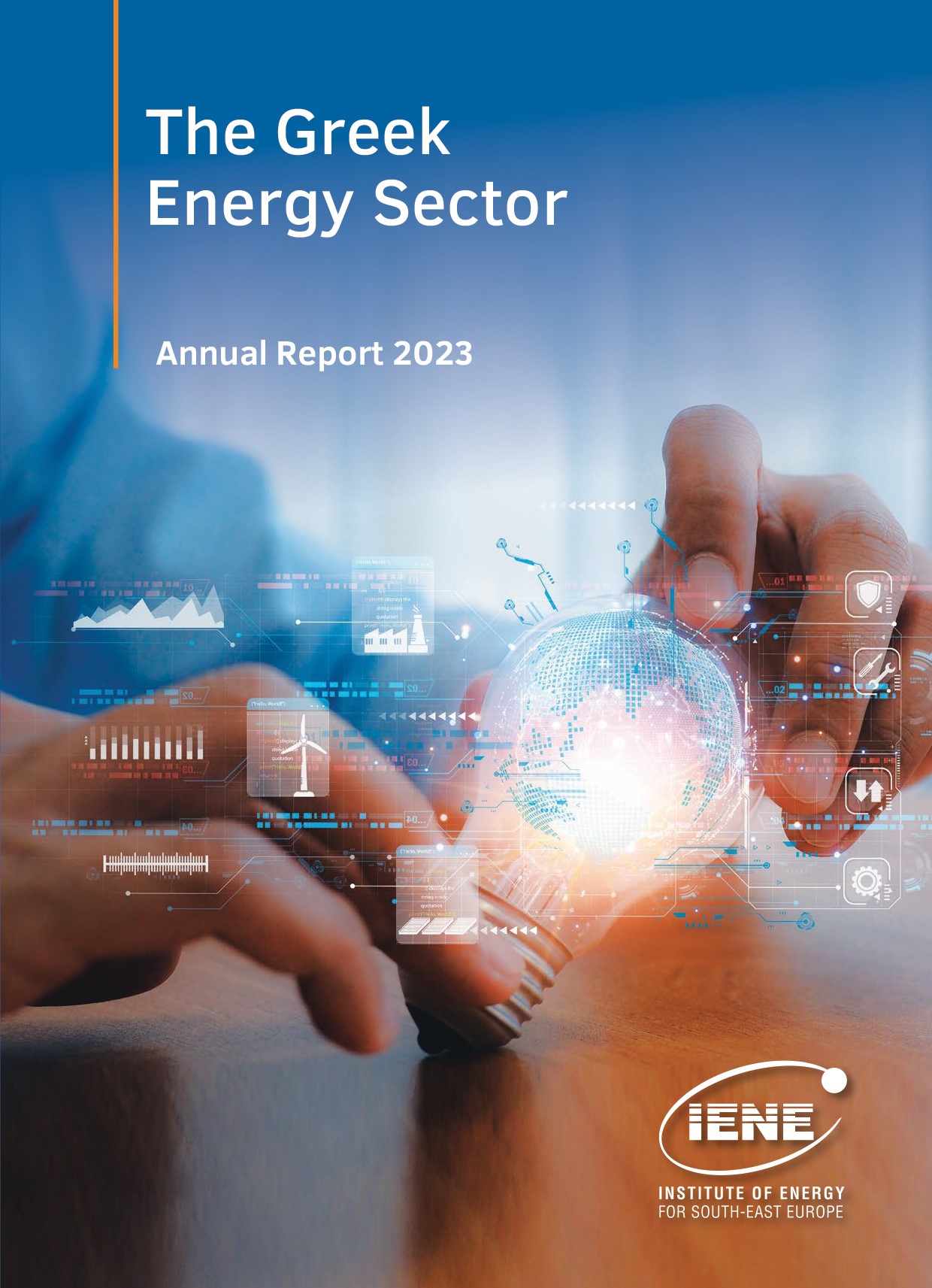

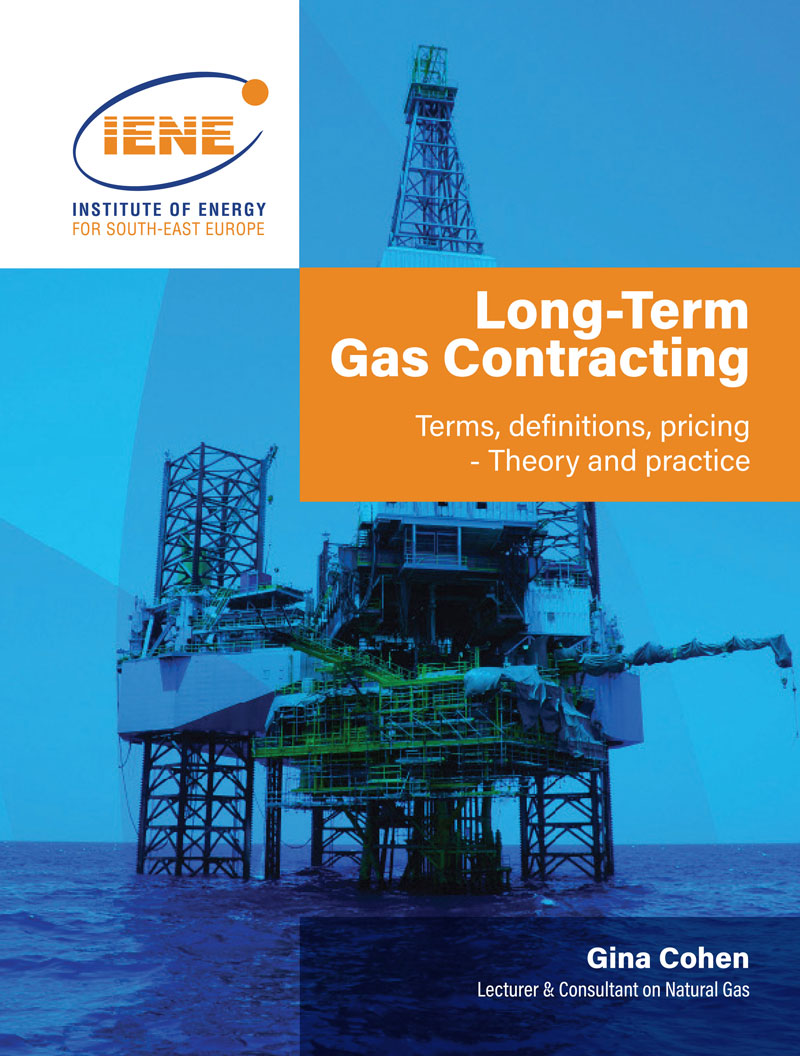 More
More
